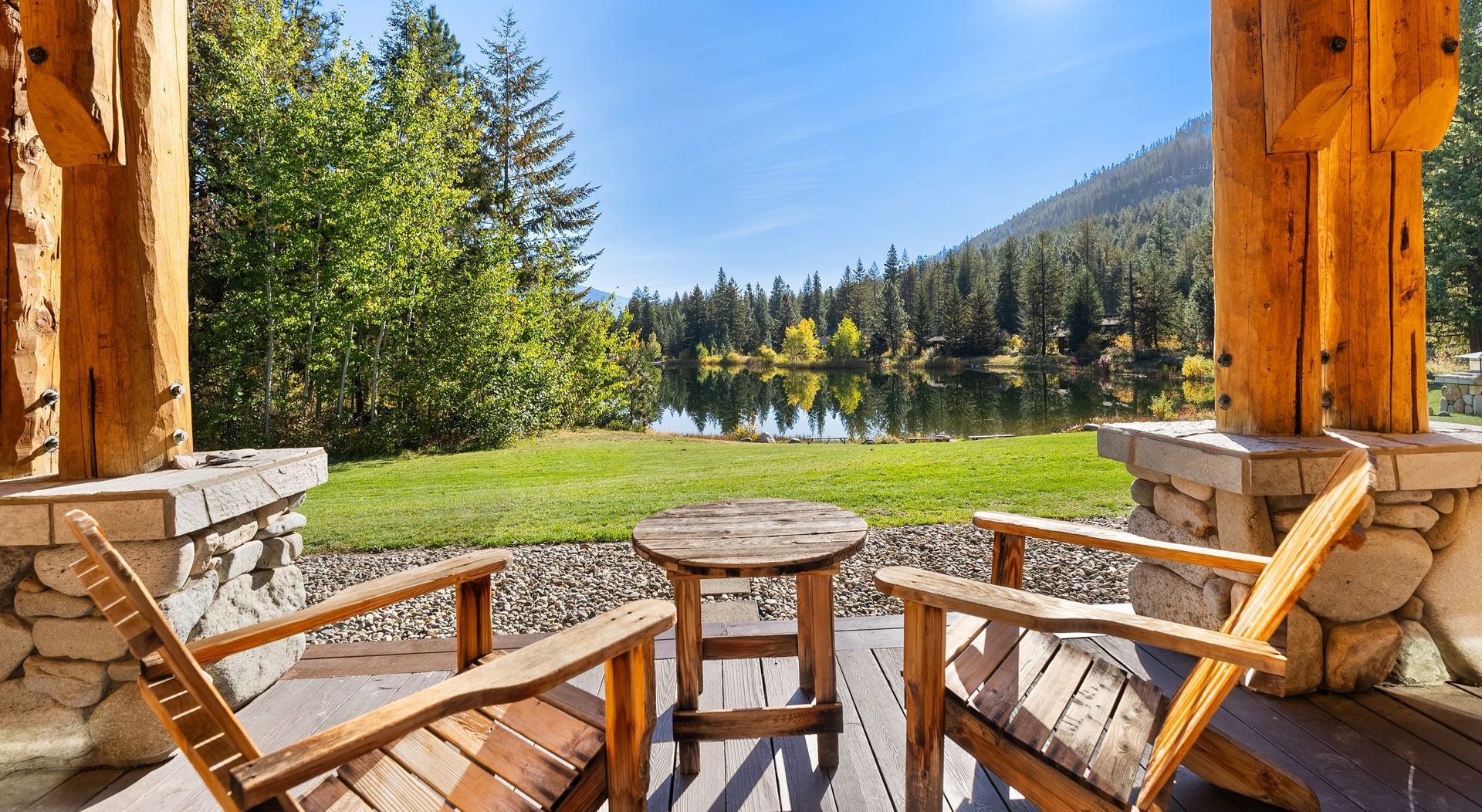
How to Plan the Perfect Retreat
Chances are, you’ve been invited to attend a retreat. Whether it was for work, a hobby, or just a random ad on social media- you’ve been pitched the miracle of a rejuvenating getaway. There are many reasons why retreats have grown in popularity in recent years, from the stress of daily life to the loneliness epidemic reaching epic proportions post-pandemic.
These events offer an opportunity to relax and reconnect in a safe and supportive environment. If you haven’t found the perfect retreat to meet your needs, why not create one of your own? Here are our tips for planning the perfect retreat.
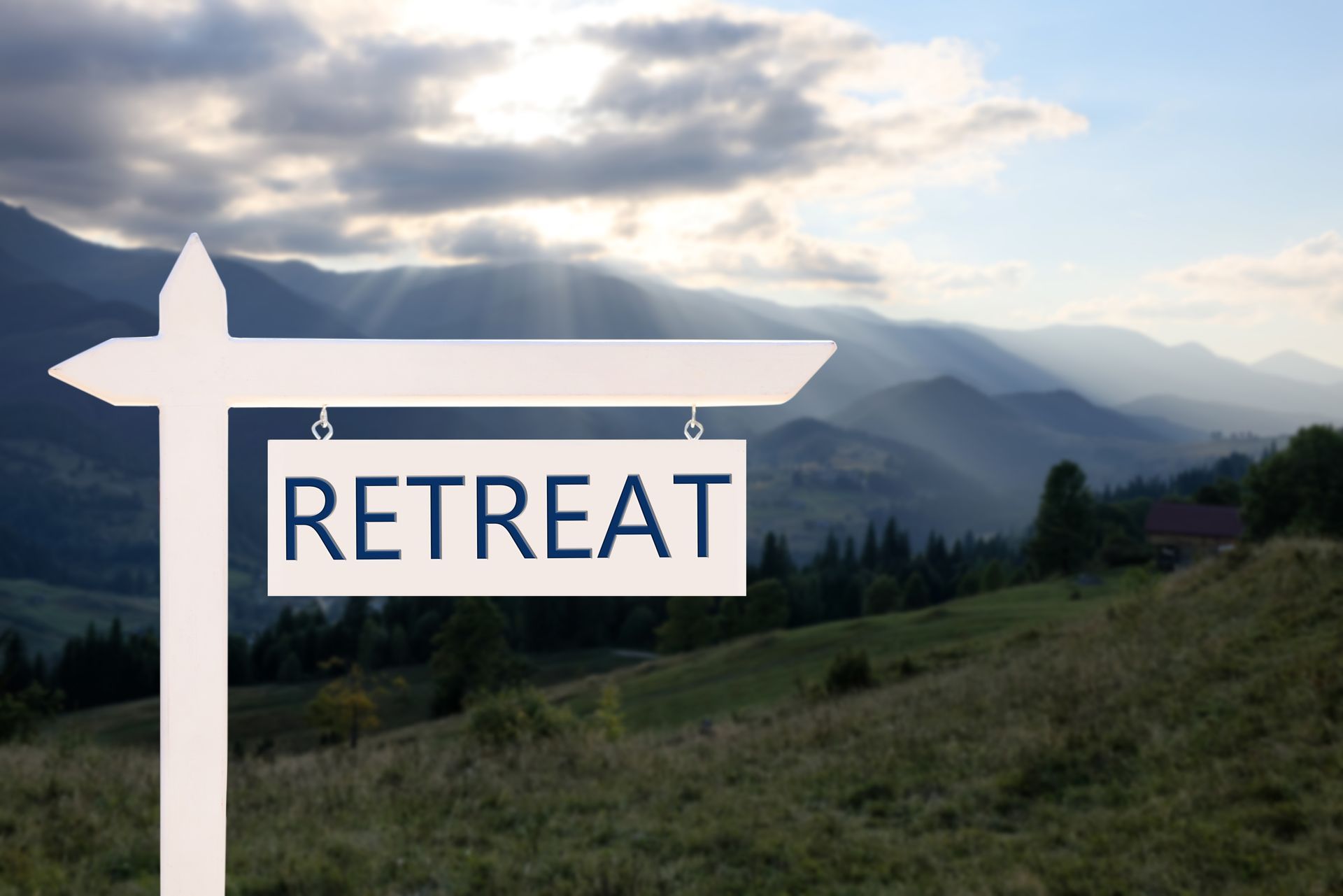
Different Types of Retreats
If it looks like a duck and quacks like a duck, it’s a duck. The same can be said about retreats. There are many names that these kinds of programs go by, including “conventions”, “seminars”, and “trade shows” to name a few. No matter what you call it, the anatomy is the same: a break from your daily routine, generally requiring travel, that includes some element of self-improvement or workshops. That being said, there are many different kinds of retreats. Most of these can be broken out into one of the following categories:
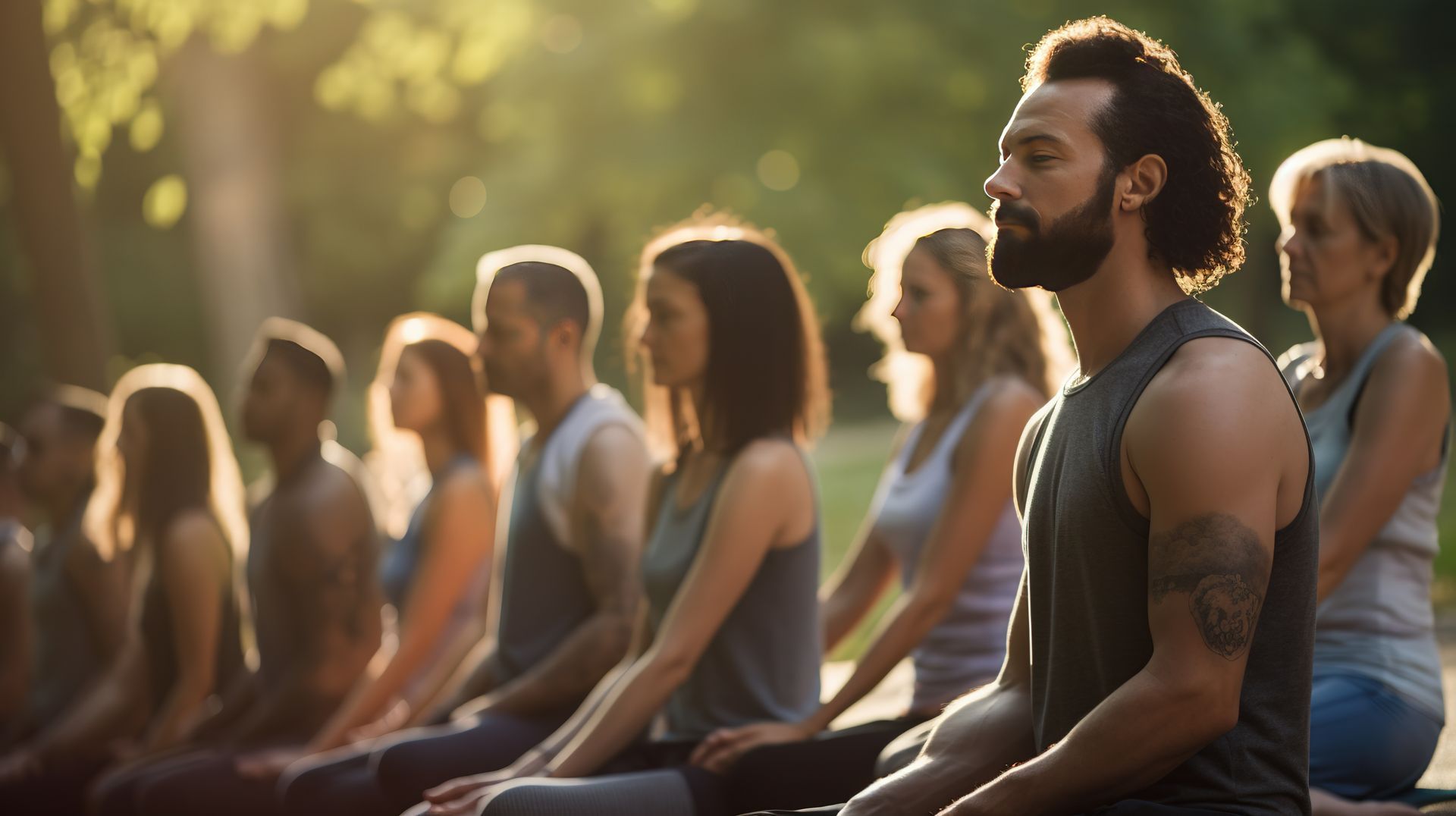
Vocational Retreats: These retreats focus on professional growth and development. They often include corporate retreats, vocational training, and networking opportunities. Attendees can gain new skills, share experiences, and build valuable connections in a relaxed and inspiring setting.
Creative Retreats:
Designed to nurture creativity, these retreats cater to writers, artists, musicians, and other creative individuals. Whether you're looking to start a new project, find inspiration, or hone your craft, creative retreats provide a supportive environment to explore and express your artistic passions.
Wellness Retreats:
Aimed at improving overall well-being, wellness retreats encompass various aspects of health. They can focus on
physical health through activities like yoga and fitness, mental health with programs for
managing stress, depression, or addiction, emotional health through couples and family therapy, or spiritual health via religious and alternative medicine practices.
Recreational Retreats: These retreats are ideal for those looking to indulge in hobbies and outdoor activities. From hobby conventions to fishing and hiking trips, recreational retreats offer a fun and engaging way to connect with like-minded individuals while enjoying a shared interest.
Why Have a Retreat?
I already mentioned that retreats are touted as being rejuvenating experiences, and that’s not just a sales pitch. There are
several benefits to attending a retreat, and understanding what they are is key to hosting the perfect retreat of your own. Once you know understand what these trips are supposed to do, you can plan how to meet those needs. Here are some of the key benefits:
Relax and Restore: Retreats provide an opportunity to step away from the hustle and bustle of daily life. They offer a peaceful environment to relax, recharge, and restore your energy levels.
Spark Creativity: A change of scenery and a break from routine can stimulate creativity. Retreats provide the perfect setting to brainstorm, develop new ideas, and find inspiration.
Reflect on Goals and Priorities: Taking time to reflect on your personal and professional goals can lead to greater clarity and focus. Retreats offer a space to reassess your priorities and plan your next steps.
Learn New Skills: Whether it's a new craft, a wellness practice, or a professional skill, retreats offer structured programs to learn and grow in a supportive environment. These can include workshops, demonstrations, and presentations given by experts in that field.
Community Environment: Retreats foster a sense of community and connection. Participants can share experiences, gain new perspectives, and build lasting relationships with others who share similar interests.
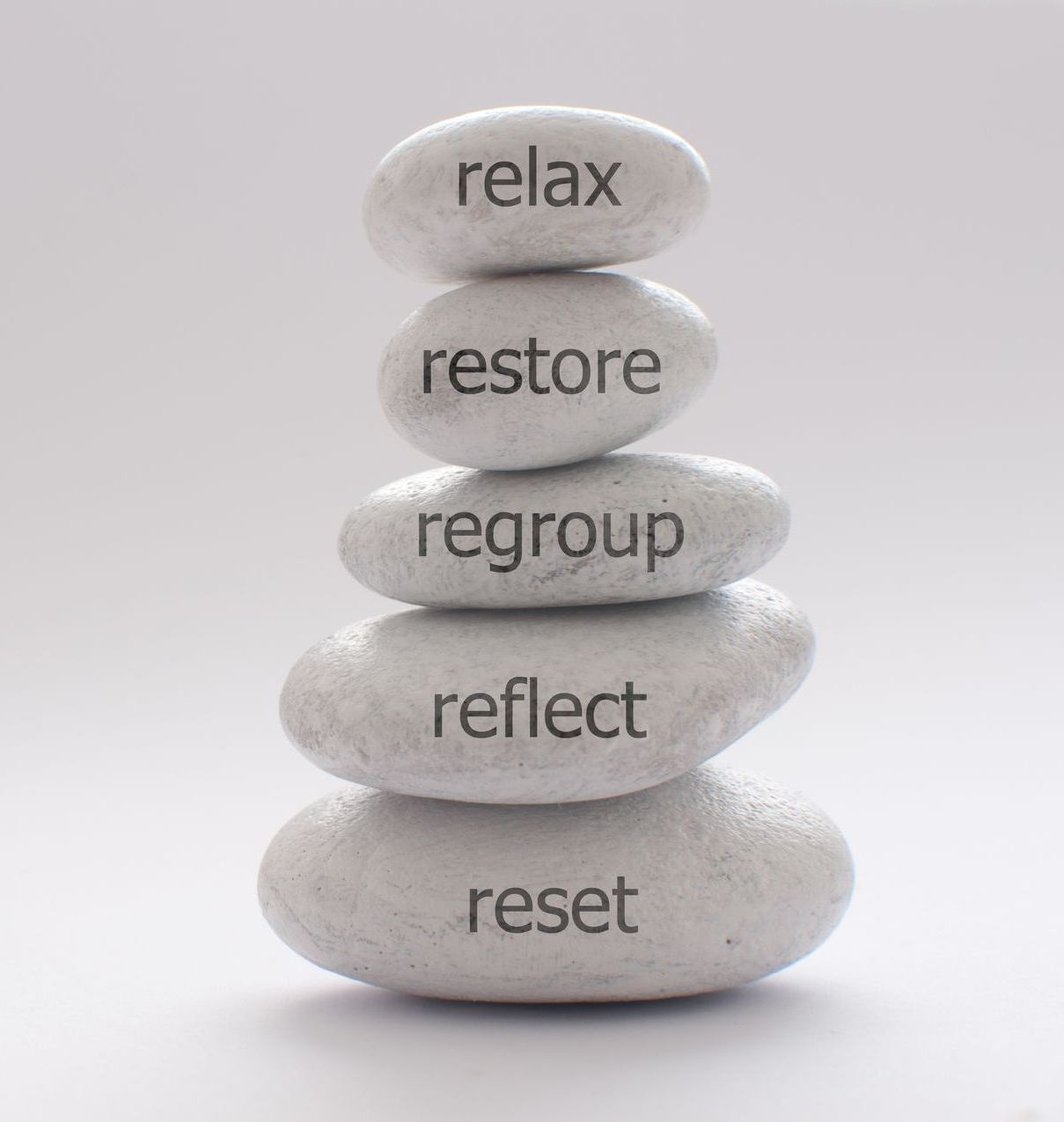

Planning Your Retreat
Now that you know what kinds of retreats you can plan, and what their purposes are, you are ready to start planning your own. There’s a lot to consider when planning a big event like this, and it can feel overwhelming to start. However, if you take it step-by-step and give yourself proper time, there’s no reason why your retreat can’t be a success.

Target Your Niche: Start by asking yourself who your retreat is for. Are you planning it for your corporate office or an online hobby group? Who is your target audience, and what do they need from this event? Don’t be afraid to ask the audience. Surveys are a great way to gather information at this stage.
Choose a Location:
The location sets the tone for the entire retreat experience. Consider factors like accessibility, natural beauty, amenities, and the overall ambiance that aligns with your retreat's purpose. Take your time to research the facilities and ask questions! Most facilities managers are happy to tell you what you need to know.
Create Your Program:
Develop a structured program that includes a mix of activities, workshops, and free time. You can look to existing programs for inspiration and feedback from those programs and your surveys for inspiration. The goal is to ensure that the program aligns with the retreat's theme and offers value to participants.
Market and Confirm Audience:
Use various marketing channels to reach your target audience. If it’s a work event, this step may not be necessary. However, if this is intended for a wider audience you can use social media, email campaigns, partnerships with related organizations, and more. Confirm attendance well in advance to ensure a smooth and successful event.
Adjust and Refine as Needed:
Flexibility is key to a successful retreat. Be prepared to adjust the program based on participant feedback and unforeseen circumstances. Always have a few backup plans and workshops prepared. Remember, your guests may also have ideas and experiences to contribute, so don’t be afraid to ask for help from attendees. This may even enhance their experience!
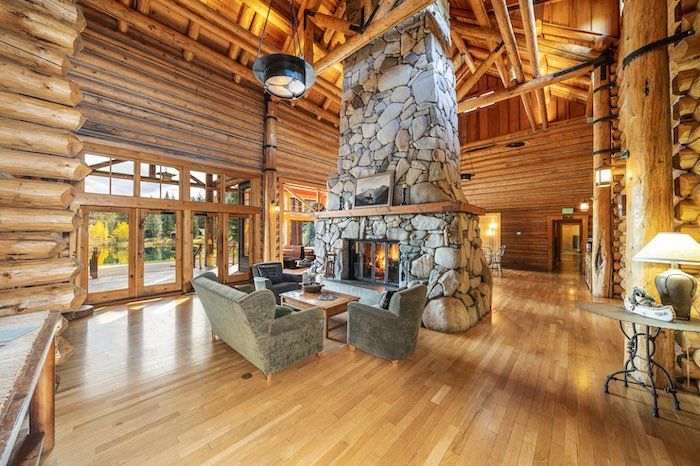
Plan Your Retreat at Freestone Inn
Let us be the location of your next retreat. Our beautiful lodge and cabins in the Cascade Mountains provide the perfect environment for relaxation and rejuvenation. The splendid isolation of our location ensures a distraction-free experience for your guests. The surrounding mountains and forests provide a wealth of beautiful scenery and outdoor recreation for all activity levels. With
event facilities
already available for groups of all sizes, and a
vendor list of caterers and other service providers, Freestone Inn is the ideal place to plan your perfect retreat.
Schedule a consultation call now!
